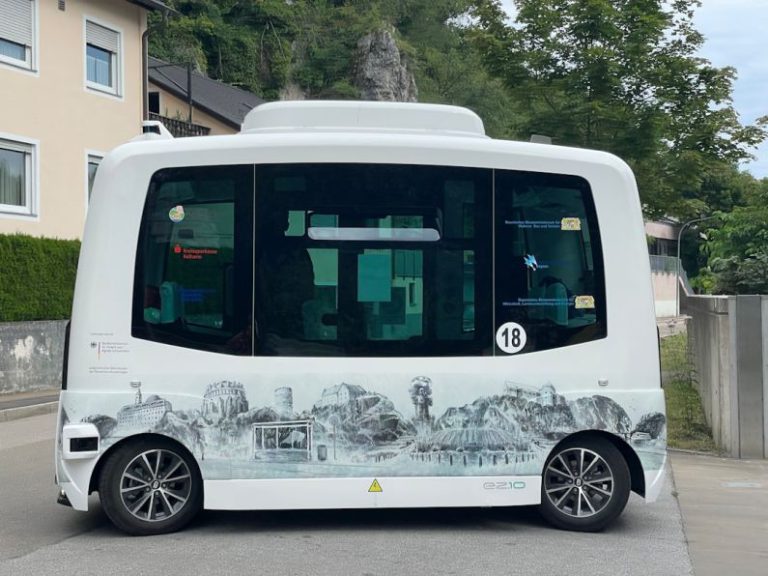Navigating the Ethical Implications of Emerging Technologies
As society continues to advance technologically, the emergence of new technologies brings with it a host of ethical implications that must be carefully navigated. From artificial intelligence to biotechnology, these innovations have the potential to revolutionize industries and improve lives, but they also raise complex ethical questions that require thoughtful consideration. In this article, we will explore some of the key ethical issues surrounding emerging technologies and discuss strategies for addressing them.
The Ethical Dilemma of Data Privacy
One of the most pressing ethical concerns related to emerging technologies is the issue of data privacy. With the rise of big data and the increasing interconnectedness of devices and systems, personal information is more vulnerable than ever before. Companies and governments have unprecedented access to vast amounts of data, raising questions about how this information is collected, stored, and used. The challenge lies in balancing the benefits of data-driven technologies with the need to protect individuals’ privacy rights. Striking this balance requires robust data protection regulations and transparency about how data is being utilized.
Algorithmic Bias and Discrimination
Another ethical issue that arises with emerging technologies is the prevalence of algorithmic bias and discrimination. Algorithms are increasingly being used to make decisions in various aspects of our lives, from hiring practices to criminal justice systems. However, these algorithms are not immune to bias, as they are often trained on datasets that reflect historical inequalities and prejudices. This can result in discriminatory outcomes that perpetuate existing social injustices. Addressing algorithmic bias requires a concerted effort to develop and implement fair and transparent algorithms that have been rigorously tested for bias.
The Moral Quandary of Autonomous Vehicles
The development of autonomous vehicles presents a unique ethical dilemma surrounding issues of safety and accountability. Self-driving cars have the potential to reduce accidents and save lives, but they also raise questions about how decisions should be made in situations where harm is unavoidable. For example, should an autonomous vehicle prioritize the safety of its passengers over pedestrians, or vice versa? Resolving this moral quandary requires a careful consideration of ethical principles and a consensus on how to program autonomous vehicles to make split-second decisions in ethically fraught situations.
The Impact of Biotechnology on Society
Advances in biotechnology have the potential to revolutionize healthcare and improve quality of life, but they also raise ethical concerns related to genetic engineering and human enhancement. Technologies such as CRISPR-Cas9 allow for precise editing of the human genome, opening up possibilities for treating genetic diseases and enhancing physical and cognitive abilities. However, these technologies also raise questions about the ethics of altering the fundamental building blocks of life. Society must grapple with the implications of biotechnological advancements and establish clear ethical guidelines to ensure that these technologies are used responsibly and ethically.
Strategies for Ethical Technology Development
As we navigate the ethical implications of emerging technologies, it is essential to adopt strategies that promote ethical technology development. This includes fostering a culture of ethical awareness and accountability within tech companies, investing in ethical design practices, and engaging with diverse stakeholders to ensure that the concerns of all affected parties are taken into consideration. Furthermore, policymakers must work proactively to establish regulations that protect individuals’ rights and promote ethical uses of technology. By taking a proactive and collaborative approach to ethical technology development, we can harness the potential of emerging technologies while mitigating their ethical risks.
In conclusion, the ethical implications of emerging technologies are complex and multifaceted, requiring careful consideration and proactive measures to address. From data privacy to algorithmic bias to the moral dilemmas posed by autonomous vehicles, society must grapple with these ethical challenges to ensure that technology is developed and used in a responsible and ethical manner. By adopting strategies that promote ethical technology development and engaging in open dialogue about the ethical implications of emerging technologies, we can navigate this rapidly changing technological landscape with integrity and foresight.






